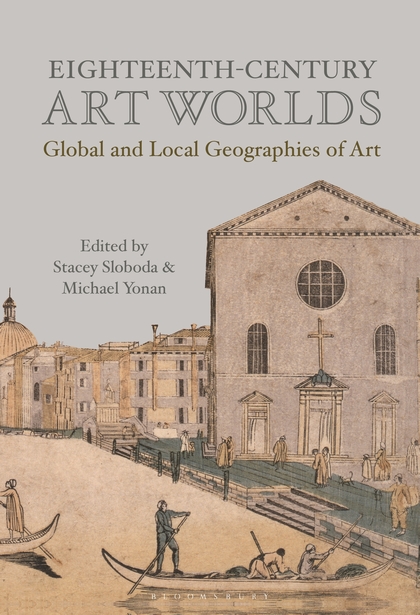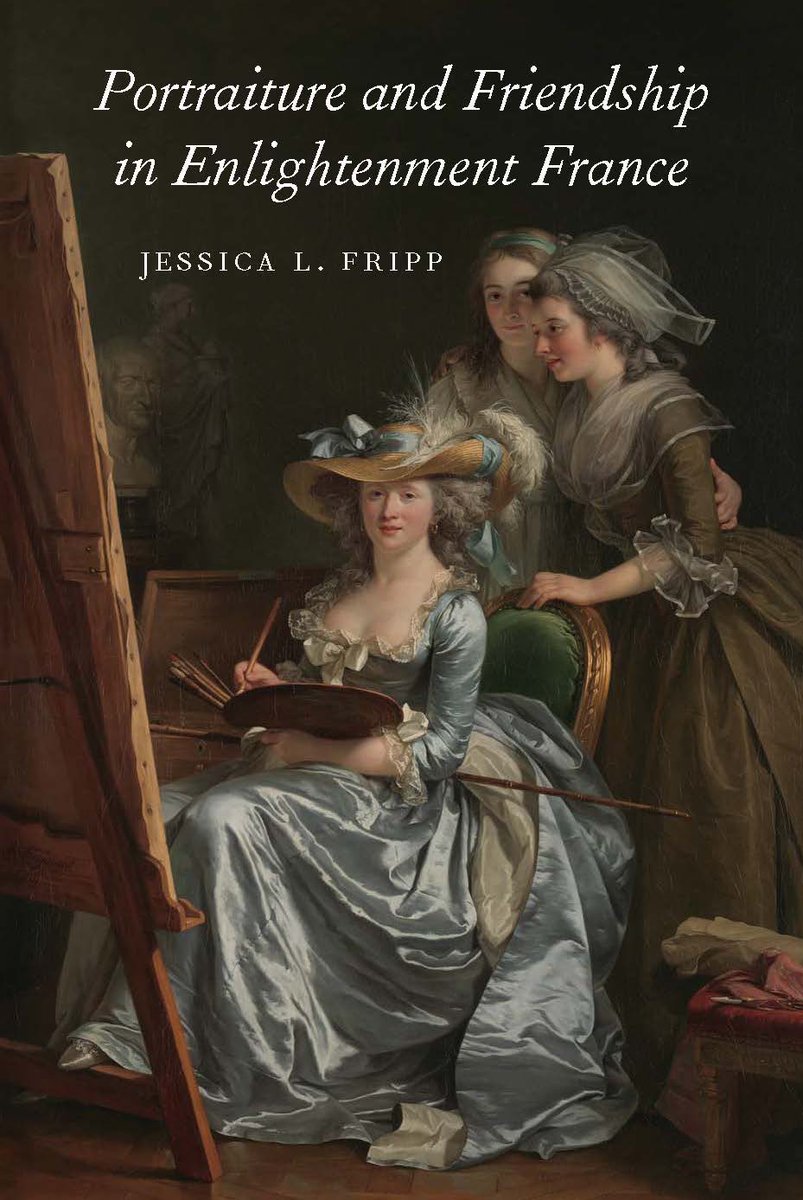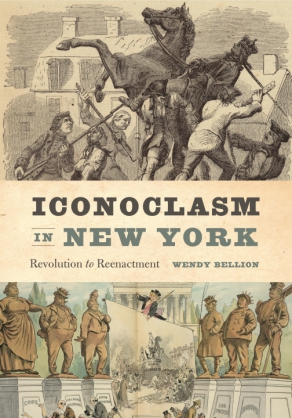Exhibition | In Arcueil’s Leafy Groves: Drawing an 18th-Century Garden

Jean-Baptiste Oudry, Vue du parc d’Arcueil
(Musée du Louvre, dist. RMN – Grand Palais / Suzanne Nagy)
◊ ◊ ◊ ◊ ◊
From The Louvre:
In Arcueil’s Leafy Groves: Drawing an 18th-Century Garden
À l’ombre des frondaisons d’Arcueil: Dessiner un jardin du 18e siècle
Musée du Louvre, Paris, 24 March — 20 June 2016
Curated by Xavier Salmon
The Arcueil domain knew its golden age in the early 18th century. Situated near the aqueduct built for Marie de Medici between 1614 and 1624, the château was surrounded by a vast garden that included flowerbeds, woodland, covered galleries, and stairs. After the death of the Prince de Guise, the domain found a new owner, whose heirs subdivided it. When it was sold in 1752, the château and its grounds were razed under circumstances that remain unclear. Between the 19th and 20th centuries, the town of Arcueil sprang up around the aqueduct; of this substantial estate, with its sumptuous gardens and numerous outbuildings, only a few fragments now remain. Nonetheless, the memory of this historic site lives on in landscape drawings of Arcueil made by various artists in the 1740s. The goal of the exhibition is to present virtually all of these drawings for the first time.
New Book | Frederick the Great: King of Prussia
From Random House:
Tim Blanning, Frederick the Great: King of Prussia (London: Allen Lane, 2015), 688 pages, ISBN: 978-1400068128, $35.
 Few figures loom as large in European history as Frederick the Great. When he inherited the Prussian crown in 1740, he ruled over a kingdom of scattered territories, a minor Germanic backwater. By the end of his reign, the much larger and consolidated Prussia ranked among the continent’s great powers. In this magisterial biography, award-winning historian Tim Blanning gives us an intimate, in-depth portrait of a king who dominated the political, military, and cultural life of Europe half a century before Napoleon.
Few figures loom as large in European history as Frederick the Great. When he inherited the Prussian crown in 1740, he ruled over a kingdom of scattered territories, a minor Germanic backwater. By the end of his reign, the much larger and consolidated Prussia ranked among the continent’s great powers. In this magisterial biography, award-winning historian Tim Blanning gives us an intimate, in-depth portrait of a king who dominated the political, military, and cultural life of Europe half a century before Napoleon.
A brilliant, ambitious, sometimes ruthless monarch, Frederick was a man of immense contradictions. This consummate conqueror was also an ardent patron of the arts who attracted painters, architects, musicians, playwrights, and intellectuals to his court. Like his fellow autocrat Catherine the Great of Russia, Frederick was captivated by the ideals of the Enlightenment—for many years he kept up lively correspondence with Voltaire and other leading thinkers of the age. Yet, like Catherine, Frederick drew the line when it came to implementing Enlightenment principles that might curtail his royal authority.
Frederick’s terrifying father instilled in him a stern military discipline that would make the future king one of the most fearsome battlefield commanders of his day, while deriding as effeminate his son’s passion for modern ideas and fine art. Frederick, driven to surpass his father’s legacy, challenged the dominant German-speaking powers, including Saxony, Bavaria, and the Habsburg Monarchy. It was an audacious foreign policy gambit, one at which Frederick, against the expectations of his rivals, succeeded.
In examining Frederick’s private life, Blanning also carefully considers the long-debated question of Frederick’s sexuality, finding evidence that Frederick lavished gifts on his male friends and maintained homosexual relationships throughout his life, while limiting contact with his estranged, unloved queen to visits that were few and far between.
The story of one man’s life and the complete political and cultural transformation of a nation, Tim Blanning’s sweeping biography takes readers inside the mind of the monarch, giving us a fresh understanding of Frederick the Great’s remarkable reign.
Until his retirement in 2009, Tim Blanning was a professor of modern European history at the University of Cambridge, and he remains a fellow of Sidney Sussex College and of the British Academy. He is the general editor of The Oxford History of Modern Europe and The Short Oxford History of Europe. He is also the author of The Culture of Power and the Power of Culture, which won a prestigious German prize and was short-listed for the British Academy Book Prize; The New York Times bestseller The Pursuit of Glory; The Triumph of Music; and The Romantic Revolution. In 2000 he was awarded a Pilkington Prize for teaching by the University of Cambridge.




























leave a comment